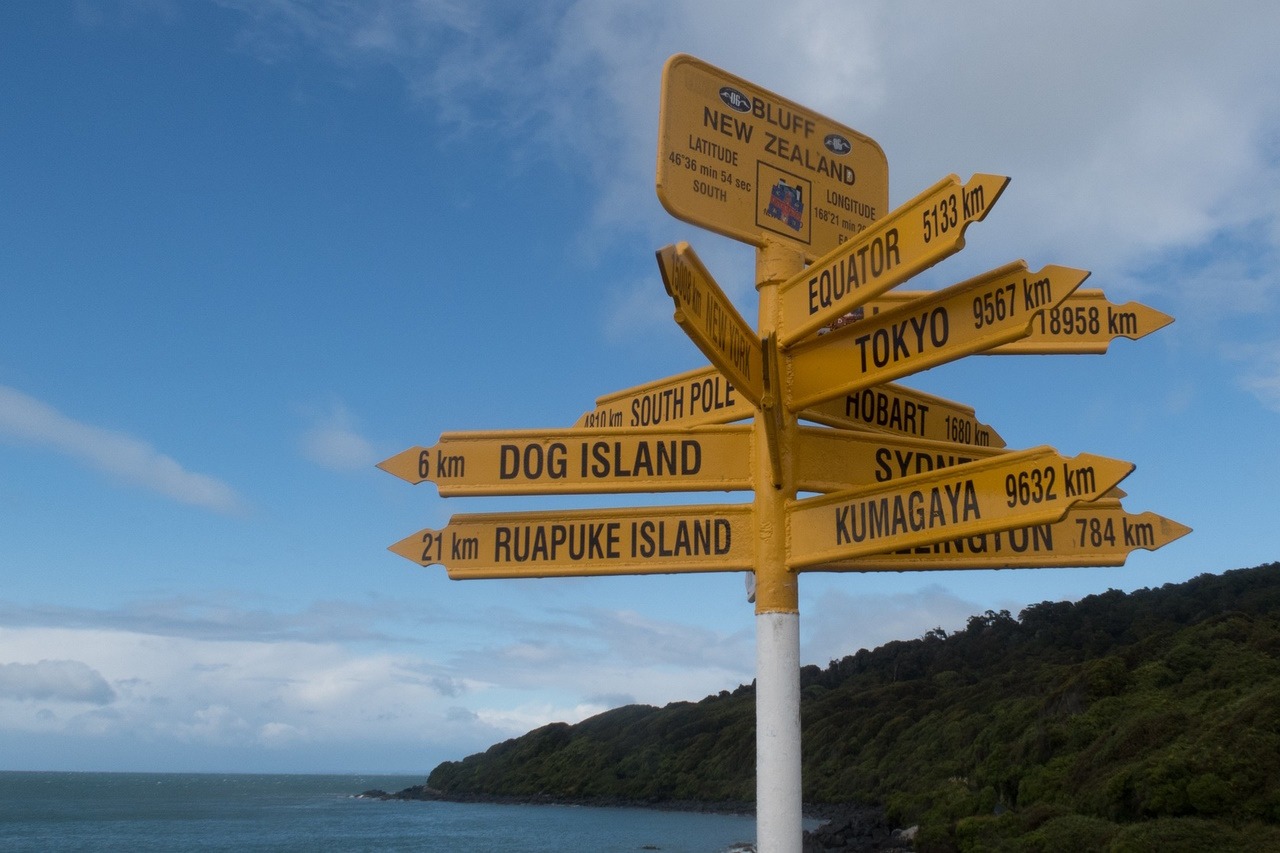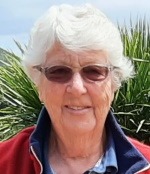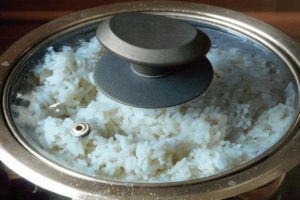There is much that Canada and New Zealand do not have in common. Canada is nearly 40 times larger than New Zealand area-wise and very different in respect of climate. But what both nations have in common is that in the 19th century, emigrants from Europe flocked to these places to find a better life for themselves. Unfortunately, there were people who had already been living there, in Canada for thousands of years, and in New Zealand for hundreds of years. The newcomers set about dispossessing these First Nations and Māori people of their lands through violence, warfare and settler-initiated legislation. Not only did these indigenous people lose their lands, their culture too was derided and diminished. Often, they were forbidden to speak their own language, and Canada is at present trying to resolve the sad history of First Nations children in native residential schools.
In New Zealand, one way in which Māori language was assaulted, occurred when settlers renamed so many places, often after England’s sometimes thuggish imperialists and important military leaders responsible for thousands of deaths as the “Land of Hope and Glory” sought to realise its imperial ambitions.
Thus Auckland, our largest city is named after Lord George Eden, first earl of Auckland and colonial administrator in India. There are many today who would like to see its original name, Tāmaki Makaurau, meaning abundance of natural resources and food supplies. The two major TV channels are now very careful to use Māori names as well as settler-given names which is great. Many New Zealand towns and cities are named of British colonial officials who spent years in India, or British military leaders – think Admiral Nelson or the Duke of Wellington – thereby helping England assume its role as leading 19th century imperial power.
Sadly, we have one small town named after Robert Clive (1725-1774) whose exploitative practices in India make contemporary Russian oligarchs look like innocents abroad. Local Māori want the town and river to return to its original name, Ngaruroro, meaning ripples created by upokororo, a freshwater fish now extinct.
More recently, a small town called Maxwell was renamed Pākaraka. In 1869, George Maxwell and other armed militia attacked a group of unarmed Māori children killing two of them with their swords. The area was officially named Maxwell until local Māori asked that it be called Pākaraka meaning “a settlement surrounded by karaka trees.” Renaming a place in New Zealand is quite a lengthy process involving consultation over a five-year period. In January 2023, new road signs were put up and Maxwell road signs were taken down. One day later, the rightful Māori name had been taken down and vandalised. Sadly, some of the descendants of 19th century settlers seem to be as racist as their ancestors.
Susan Smith RNDM is a lecturer emerita in The University of Auckland’s Department of Theology. Her PhD was on developments in Catholic missiology after Vatican II. After her retirement from The University of Auckland, Susan also provided NT modules for the University of Newcastle, Australia, and a Women in Leadership module for Duquesne University. Susan lives with another member of her congregation in Whangarei, New Zealand, where both are committed to exploring experientially what it means to live in an eco-community. Both are involved in neighborhood environment organizations. They are particularly interested in what might shape eco-spiritualities in New Zealand.





Words matter. Names matter. Thanks Susan for this insightful article.
In Canada, “Land of Hope and Glory” is not as widely known as in ANZ. For those of us who live in “one of the other colonies”, here’s a link to the music and words: https://www.youtube.com/watch?v=3AQ-D_OnF-E
Beautiful music, and words to stir the imperialist heart!! “God who made thee mighty, Make thee mightier yet!!”